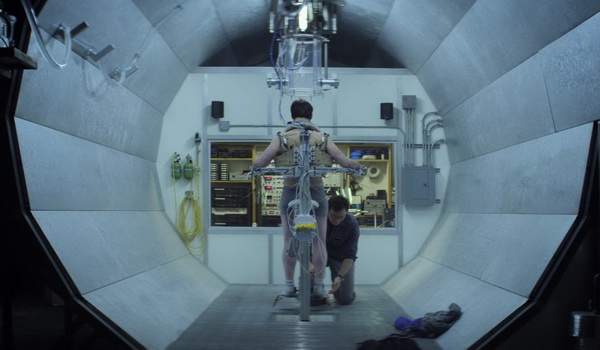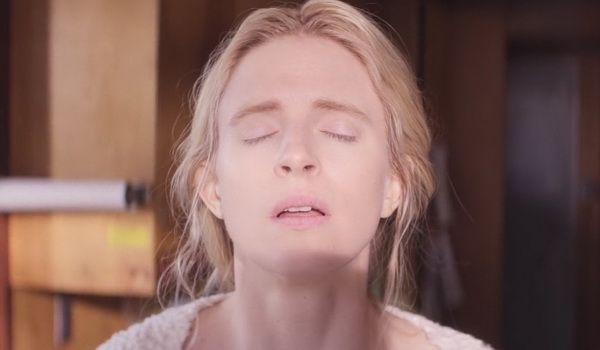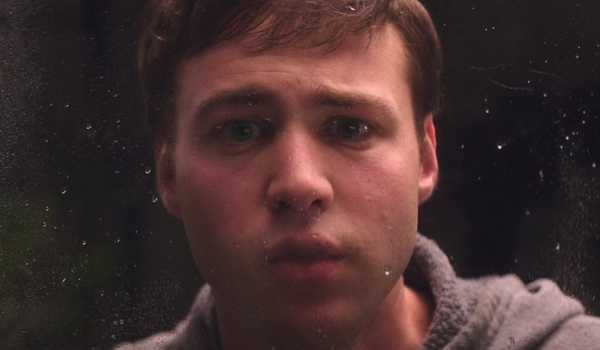

The third and fourth episodes of The OA deal predominantly with Prarie‘s (Brit Marling) incarceration in Hap’s (Jason Isaacs) basement and the prisoners various plans for escape. After foiled attempts at poisoning her abductor and running away, Prarie’s chances drastically increase when another near death experience from a blow to the head sends her back to the other reality and then returns her to the world with her sense of sight restored. Strangely, Prairie doesn’t use this advantage to escape, but instead to convince the other guinea pigs to willingly become part of Hap’s experiment in hopes they may touch what she found on the other side.
Inter-cut through these flashbacks (and scenes of Prairie telling the story in the abandoned house) are the lives of Prairie’s new friends and the introduction of a FBI therapist who, for reasons still not yet explored, Prairie refuses to tell her story to (even a watered down version without the mysticism). For whatever reason, be it female stubbornness or some legitimate insight, Prairie has decided her plan is the one and only way to proceed. The episodes also clue us in to Hap’s experiments, which mainly involve gassing his subjects and then taking them to the brink of death and pulling them back hoping to find answers about what exists just on the other side of the veil. Homer‘s (Emory Cohen) attempts to stay awake through and understand the process take years of the captivity (during which somehow Prairie’s much discussed sight isn’t discovered?), but by the end of the episode it appears that Homer may have found something as the show begins to explain (in very vague terms) just what “The OA” is.
Halfway through the season, The OA‘s strengths and weaknesses have begun to show. The structure of Prairie telling the story to her new friends works well, even if her untold reasoning for not telling the authorities seems questionable at best. However, the scenes in between of current life continue to be mostly disappointing. I understand the plan to show how her story effects those around her, but others accepting her new age philosophy are far less compelling than understanding what happened to the young woman. While the truth about Hap’s experiments is hardly surprising, the reveal of his machine and complexity of his workshop is certainly impressive. It’s in the show’s mysticism and message, however, where it has begun to lose me. Perhaps Homer’s new insight may help flesh out this part of the series (although its still unclear whether learning more about The OA is good for either Hap’s prisoners or for the audience). As the mystery of what happened to Prairie fades, the answers which take their place (at least so far) aren’t nearly as compelling.


